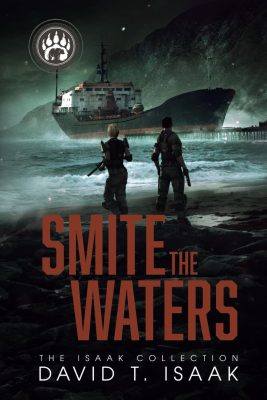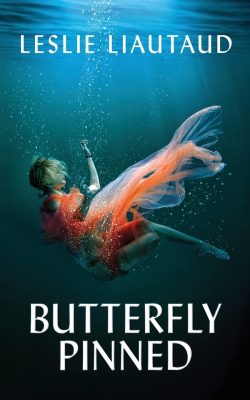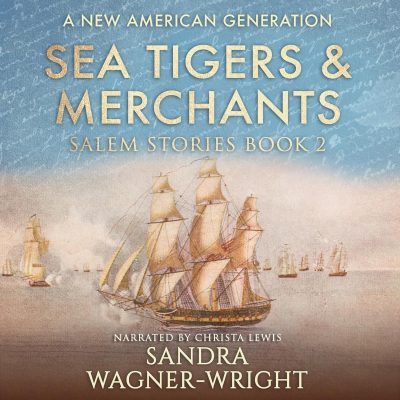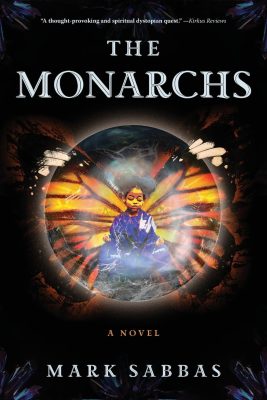 In The Serpent and the Eagle, Edward Rickford details Hernan Cortes’ 1519 expedition to explore and secure the interior of Mexico for colonization, fleshing out known facts with the human factor—it is, to the typical depiction of Cortes’ exploration of the Yucatán peninsula, what a chorus is to a solo or a tulip to a bulb. Primarily narrated by individuals who were actual members, or may have been members, of this expedition, Rickford has crafted a fascinating tale of intrigue, love, lust, greed—essentially all seven of the deadly sins—within two diametrically opposed political and cultural systems.
In The Serpent and the Eagle, Edward Rickford details Hernan Cortes’ 1519 expedition to explore and secure the interior of Mexico for colonization, fleshing out known facts with the human factor—it is, to the typical depiction of Cortes’ exploration of the Yucatán peninsula, what a chorus is to a solo or a tulip to a bulb. Primarily narrated by individuals who were actual members, or may have been members, of this expedition, Rickford has crafted a fascinating tale of intrigue, love, lust, greed—essentially all seven of the deadly sins—within two diametrically opposed political and cultural systems.
The story follows the fates and fortunes of these individuals as they explore the Yucatán Peninsula before Cortes’ march on Tenochtitlán, the capital of the expanding Aztec empire in the 16th century. It has five major narrators and several minor narrators:
Captain Hernán Cortés was a Spanish adventurer, who left Cuba with a small fleet of ships manned by soldiers and slaves for the mainland of the New World, purportedly to “…find gold and serve God and King.” He rescues Father Aguilar, a Catholic priest, on Cozumel Island where the priest had suffered years of enslavement by an indigenous tribe. Vitale, a New Christian of Jewish descent, is a crewmember on the Santa María de la Concepción. He befriends Solomon, a Moorish slave, who grew up in the Emirate of Granada Al-Andalus when Muslims, Jews, and Christians all lived there in peace. Doña Marina is a slave girl who rose from obscurity to power and ultimately became Cortes’ confidante and consort.
Through the eyes of various tribal leaders, including, in particular, Motecuhzoma, the Aztec Huey Tlatoani, and several of his trusted counselors, the story takes the reader into the complex socio-political-religious system of the Aztec, and other indigenous tribes of pre-Colonial Mexico.
The Serpent and the Eagle is rich with historical and cultural detail and faithfully follows the events as recorded at that time. The multitude of narrators and situations can be challenging to follow. We suggest reading this novel with a pen and paper handy for inevitable note taking.
Rickford has written a book that forces the reader to reflect on the influence of history on the present, the possibilities when two cultures collide, and the impact of conflicting belief and ethical systems on human behavior.
Not a fast read, but well worth the time it takes. Prepare to be entertained, educated, and challenged to think.











Leave A Comment